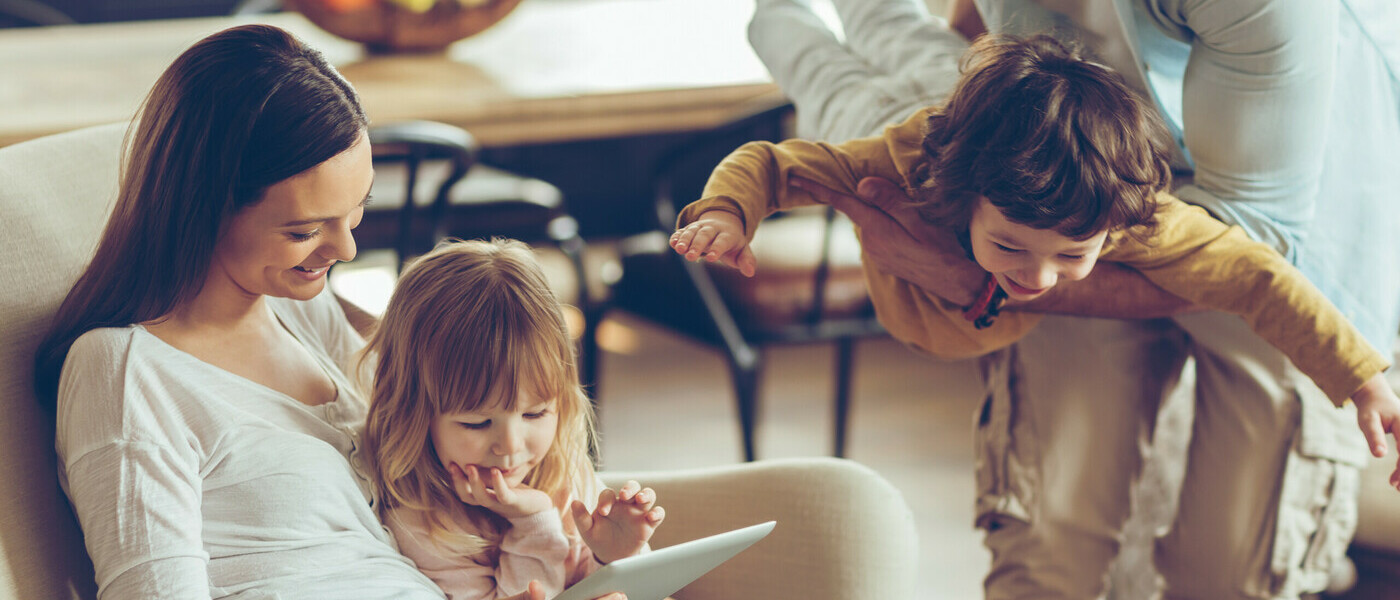Should you let your child face consequences?

Being a good parent does not mean that you should always shelter your child and fix things for them. In fact, letting your child face consequences can be a great way to guide their behaviour.
A natural consequence is a straightforward, unavoidable consequence to behaviour. Not wearing a jacket on a winter day results in being cold. Not putting dirty clothes in the hamper means not having clean clothes.
At times it may seem harsh to let your child face the consequences, but they may be better for it in the long run.
For example, if your child doesn’t finish a school project, don’t jump in and contact the teacher. Let them suffer the consequences. They may be uncomfortable or embarrassed, but chances are they will also learn a valuable life lesson.
There isn’t always a good natural consequence.
Your child may not care that the house is messy because they didn’t do their part of cleaning. In those cases, you can use a logical consequence.
Parents set logical consequences.
For example, you can have a rule with your child that they put away their toys every night. If they refuse, you take away those toys until they show that they are willing to clean up again.
You can let consequences happen as long as they are age-appropriate and don’t put your child in danger.
You should do very little talking or arguing while consequences are taking place. Avoid saying things such as "I told you so," or "I warned you." These statements turn consequences into punishment, and much of the effectiveness is lost. Instead, you can state things such as “I’m sorry, but your clothes were not in the hamper so I couldn’t wash them.”
When the situation has cooled off, it is essential to talk with your child. Ensure that they know that they are loved despite what happened. You can also discuss what happened, what they learned, and what they would do differently next time.
